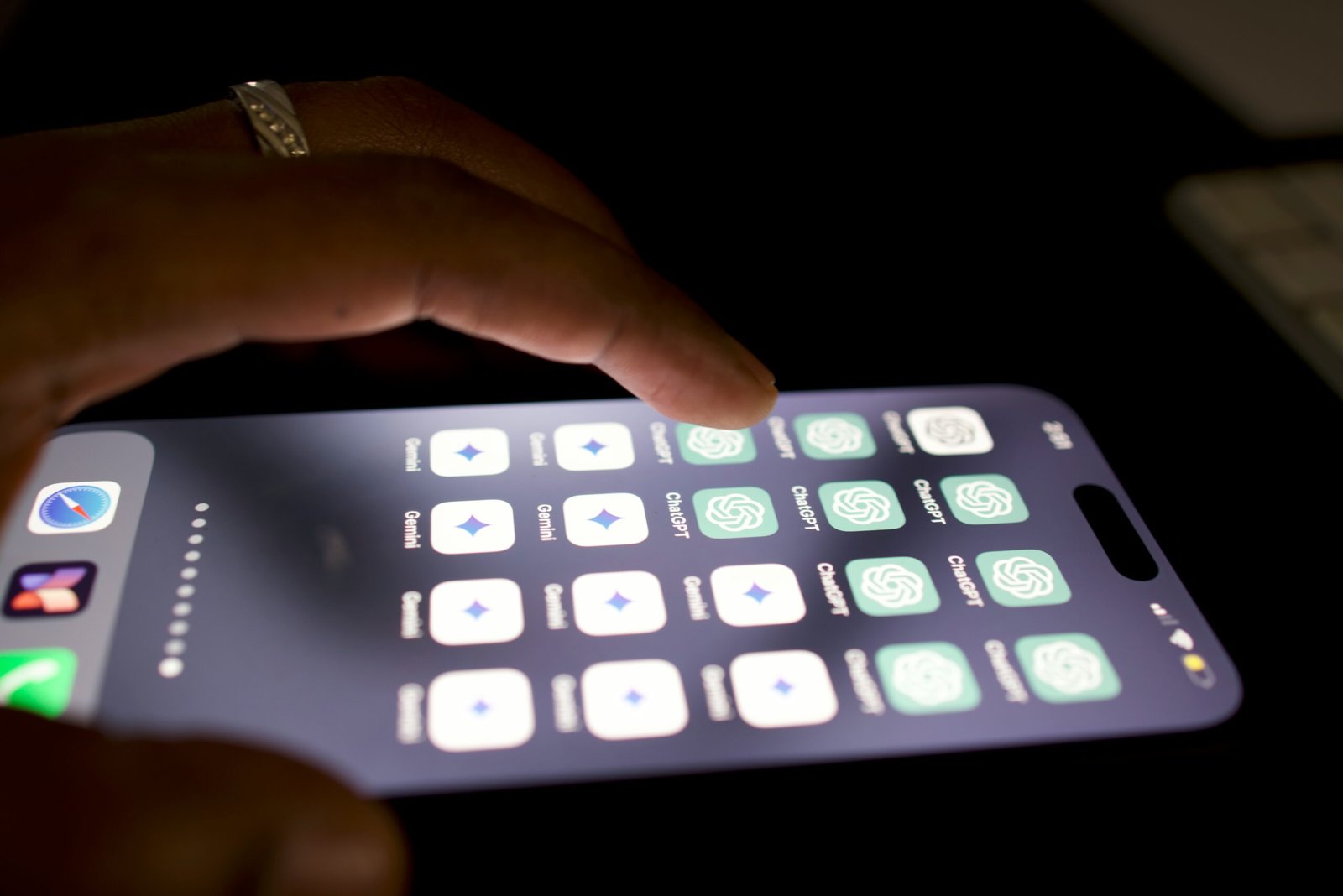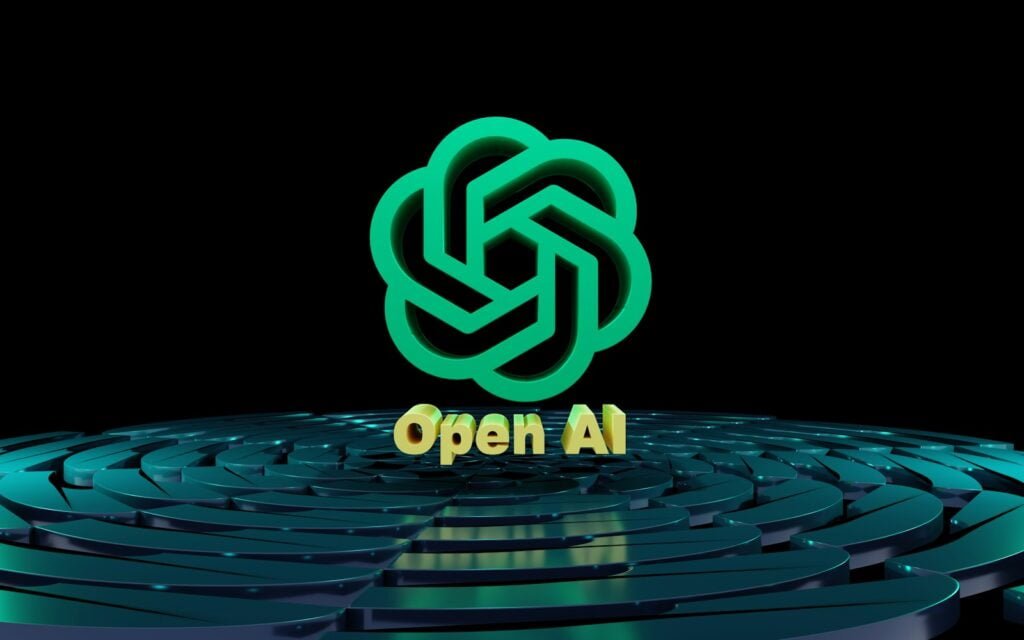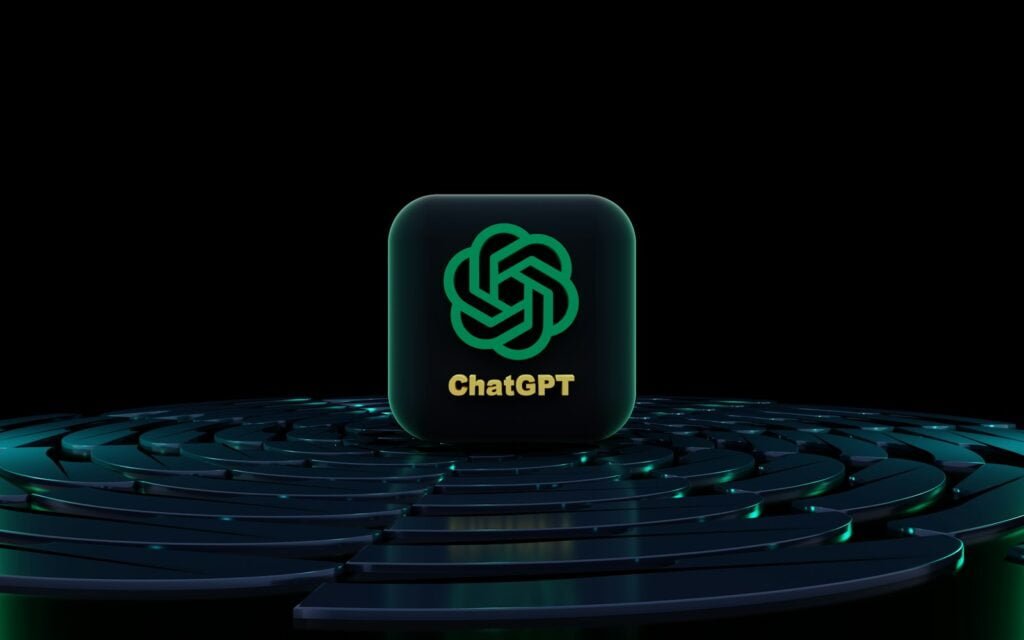
The initial signs of disruption with ChatGPT were reported at approximately 2.30am ET / 7.30am BST / 4.30pm AEST on June 4, 2024. Users from diverse regions began to experience problems accessing the service across multiple platforms, including the web version, mobile app, and the newly launched Mac app. The issues predominantly affected users who were logged into their accounts, with many encountering error messages or an inability to connect to the service.
Table of Contents
Report
Reports of the outage quickly surfaced on social media and user forums, indicating a widespread geographical impact. Users from North America, Europe, and Asia detailed their experiences, with some noting intermittent connectivity while others faced complete service unavailability. The disruption appeared to be indiscriminate, affecting both free and premium users alike. This broad and immediate user feedback highlighted the global reliance on ChatGPT and underscored the severity of the outage.
In response to the growing number of user reports, OpenAI promptly acknowledged the issue. By updating their status page, they informed users that “ChatGPT is unavailable for some users.” This acknowledgment came within an hour of the first reported problems, reflecting OpenAI’s commitment to transparency and proactive communication. The status page provided ongoing updates, which helped users stay informed about the progress being made to resolve the issue. OpenAI’s swift acknowledgment and communication were critical in managing user expectations and mitigating frustration during the outage.
OpenAI’s early response also included recommendations for users to stay tuned for further updates and provided assurance that their teams were working diligently to diagnose and fix the problem. This initial phase of the ChatGPT outage not only highlighted the service’s extensive user base but also demonstrated the company’s efforts to maintain clear and open lines of communication during technical disruptions.

OpenAI’s Response and Fix Implementation
In the wake of the ChatGPT outage on June 4, 2024, OpenAI demonstrated prompt and efficient action to mitigate the disruption. The issue was identified early, and the team immediately commenced efforts to diagnose and resolve the underlying problem. By approximately 7.30am ET / 12.30pm BST / 4.30pm AEST, OpenAI had successfully deployed a fix aimed at restoring normal operations. Users were promptly informed through an update on OpenAI’s status page, which stated, “a fix has been implemented and we are monitoring the results.”
The timeline of the fix was a testament to OpenAI’s commitment to minimizing downtime and ensuring the reliability of their services. Upon deploying the fix, continuous monitoring was put in place to ensure the stability and effectiveness of the solution. This proactive stance not only helped in swiftly addressing the outage but also in preventing potential future occurrences.
Communication played a crucial role throughout this incident. OpenAI maintained transparency by providing regular status updates, which were accessible to all users. These updates detailed the progression from issue identification to resolution, offering reassurance and maintaining user trust. The communication strategy was well-received, as it kept users informed and mitigated the uncertainty typically associated with service disruptions.
User feedback post-restoration was predominantly positive. Many users appreciated the prompt response and the clear communication from OpenAI. The swift resolution of the outage and the transparency shown during the process contributed to restoring user confidence. While some users experienced temporary inconvenience, the overall handling of the situation highlighted OpenAI’s dedication to its user base and its capability to manage such disruptions effectively.

Impact on Users and Platforms
The ChatGPT outage on June 4, 2024, had a profound impact on a diverse range of users worldwide. This major disruption was not confined to a single platform; it affected the web version, mobile app, and Mac app, causing widespread inconvenience. For many, ChatGPT serves as an essential tool for daily tasks such as drafting emails, providing customer support, and generating content for social media. The sudden unavailability of ChatGPT services left these users scrambling for alternatives.
One user from New York shared their experience: “I rely on ChatGPT to manage customer inquiries for my small business. The outage meant I had to manually respond to each query, which was incredibly time-consuming.” Similar sentiments were echoed by users in Europe and Asia, where the disruption disrupted evening and morning routines respectively. According to a user in Tokyo, “I use ChatGPT to help with my language studies. Not having access to it for hours threw off my entire study schedule.”
Geographically, the outage was felt most acutely in regions with high ChatGPT usage. North America, Europe, and parts of Asia experienced the brunt of the disruption. Reports indicated that users in these regions struggled the most, as they heavily depend on the AI for both professional and personal purposes. In contrast, regions with comparatively lower usage saw fewer disruptions, although the impact was still notable.
During the outage, users turned to social media platforms to voice their frustrations and seek information. Hashtags like #ChatGPTOutage and #AIDown trended on Twitter, illustrating the widespread nature of the issue. Many users expressed their reliance on the service, highlighting its integration into their daily lives. Despite the inconvenience, some found temporary alternatives, such as using other AI tools or reverting to traditional methods of communication.
The ChatGPT team’s quick acknowledgment of the issue and their ongoing updates provided some solace to the affected users. However, the incident underscored the dependency many have on AI tools like ChatGPT and highlighted the need for robust contingency plans to mitigate the impact of such unforeseen disruptions in the future.

Speculation and Future Preventive Measures
The recent ChatGPT outage on June 4, 2024, has generated significant speculation among users and technology experts alike, as OpenAI has not yet provided a definitive explanation for the disruption. Several theories have surfaced, drawing parallels with past incidents to offer potential insights. One prevalent hypothesis suggests that the outage may have been caused by an unexpected surge in user activity, overwhelming the system’s capacity. This scenario mirrors previous disruptions experienced by other major platforms during peak usage periods.
Another theory points towards potential software bugs or vulnerabilities within the ChatGPT architecture, which might have been inadvertently triggered by routine updates or maintenance work. Such issues have historically plagued various AI systems, leading to temporary service interruptions. Additionally, considering the increasing sophistication of cyber threats, some experts speculate that a targeted cyber-attack could have compromised the system’s integrity, although there is no concrete evidence to support this claim.
In light of these speculations, the importance of transparency from OpenAI regarding the outage cannot be overstated. Clear communication about the root cause and the steps being taken to address it is crucial for maintaining user trust and preventing misinformation. OpenAI’s commitment to openness will not only reassure current users but also set a precedent for accountability within the AI community.
To mitigate the risk of future outages, several preventive measures should be considered. Firstly, enhancing the robustness of the infrastructure to handle unexpected spikes in traffic is essential. This includes scaling server capacity and optimizing load balancing techniques. Secondly, rigorous testing and validation processes should be implemented to identify and rectify any software vulnerabilities before they impact live operations. Lastly, developing comprehensive contingency plans, including swift incident response protocols and regular security audits, will ensure that potential threats are swiftly neutralized, minimizing disruption to users.
FAQs
When will ChatGPT be Up Again ?
By approximately 7.30am ET / 12.30pm BST / 4.30pm AEST, OpenAI had successfully deployed a fix aimed at restoring normal operations.They are monitoring the results.







